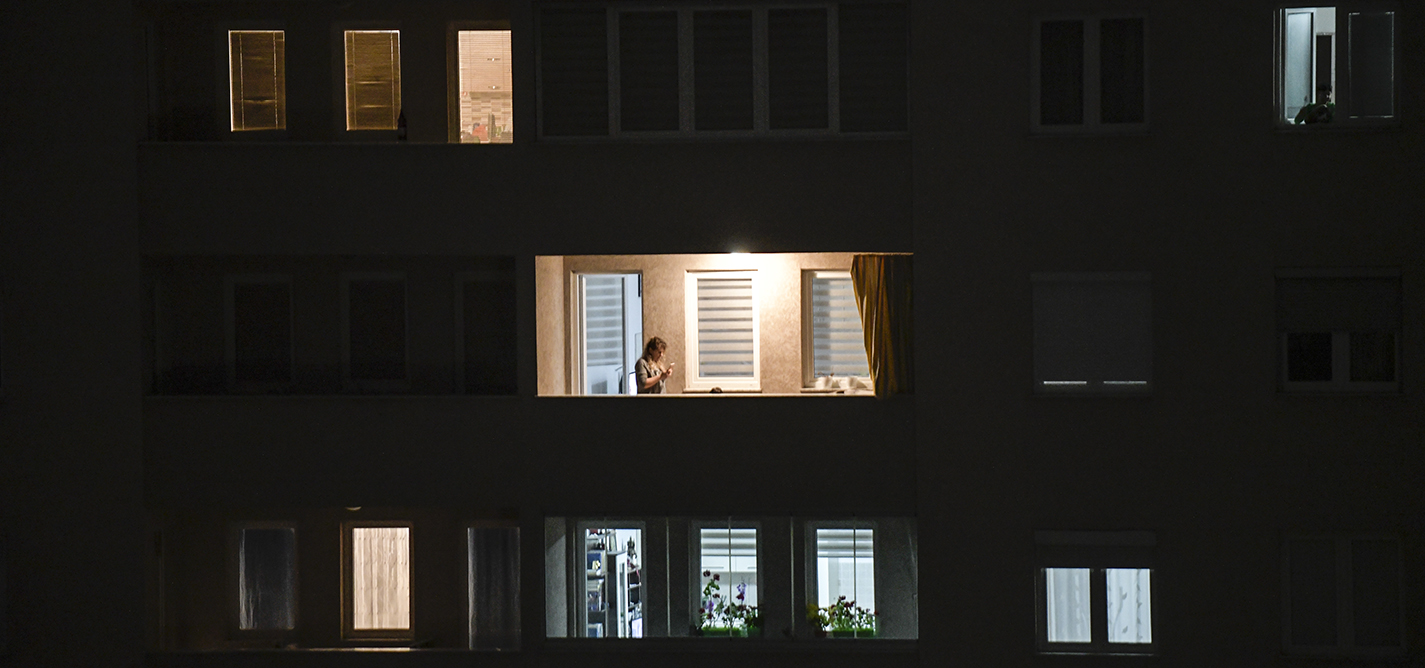
Kosovo enters ‘crucial’ weeks with government on the brink
COVID-19 response continues amidst no-confidence debacle.
The vote would be required to take place no later than Wednesday (March 25).
Women inmates at Lipjan Correctional Center have begun producing surgical masks.

Kosovo 2.0
Kosovo 2.0 is a pioneering independent media organization that engages society in insightful discussion. Through our print and online magazines, debates and advocacy initiatives, we are dedicated to deepening the understanding of current affairs in Kosovo, the region and beyond.
This story was originally written in English.